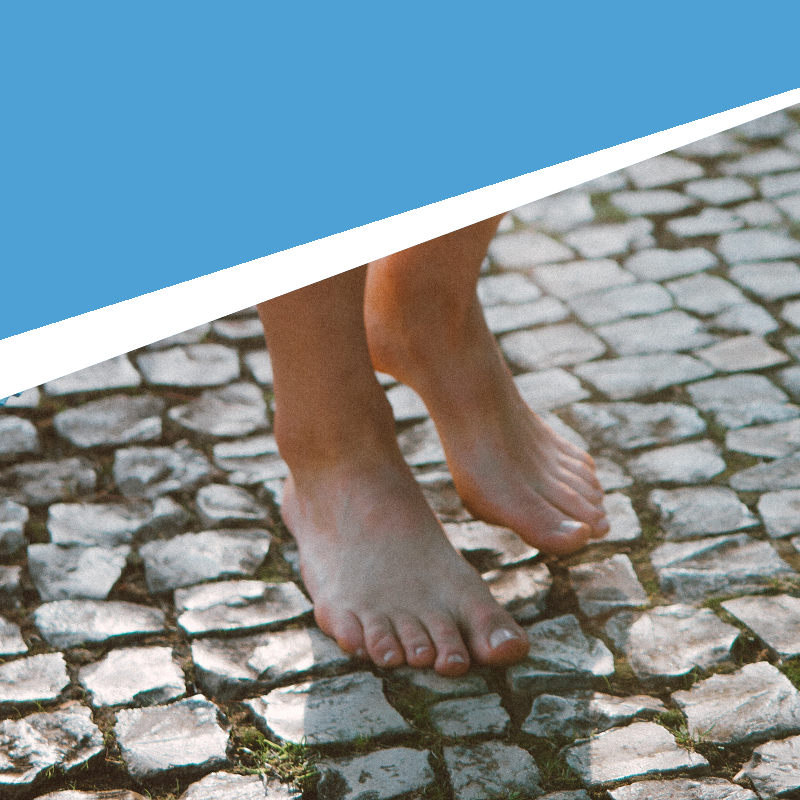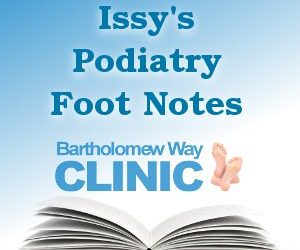It is therefore impossible to mention podiatry without mentioning diabetes. Diabetes can affect the feet in a wide number of ways, Diabetic foot health checks include;
- Neuropathy- which means loss of sensation which usually starts off in the feet, but can also affect the hands- so you are therefore unable to recognize or prevent injury to the feet.
- Poor circulation- cramps in the calf, change in colour of the feet/ legs, the temperature of the feet maybe either extremely cold or extremely hot
- Decreased resistance to infection- which can be problematic if the foot is injured in any way.
And what do you have to do??
- Check your feet morning and night, looking for anything out of the ordinary which may include heat, redness, swelling, pus, around a cut, or even a cut that doesn’t have these signs. If you notice any of these signs then put a dry dressing on the wound and come into the clinic as soon as possible.
- moisturise the feet x2 daily. taking good care of the skin will go a long way to keeping it intact and preventing any infection going into the feet
- Make sure your shoes fit well
- Don’t walk around the house or outside barefoot
- Have regular exercise
- Eat the right foods and keep your blood sugar under control your HbA1C needs to be 6.5% ideally.
- Have your feet checked by a podiatrist at least once a year.
100 people a week lose a limb in the UK through diabetes (Diabetes UK 2009). This figure is ever rising and with simple podiatric monitoring and care, we hopefully can prevent this figure including patients all over the country, the world, and in those of you with diabetes who can come in and see me at either Bartholomew Way Clinic in Horsham or Paddocks Healthcare in Henfield!!
If your reading this now and you think well I have diabetes but I don’t have any of these problems, well that’s fantastic, but it is worth seeing a podiatrist at least once a year to get a full check over of your lower limb health, including your nerves, your blood supply, your skin integrity and range of motion of your joints.
Key points if you think you have diabetes but are unsure?
- Eating more than usual
- Drinking more than usual
- Feeling tired more than usual
- Feeling pins and needles in the hands and feet
- A horrible smell when you pass water




